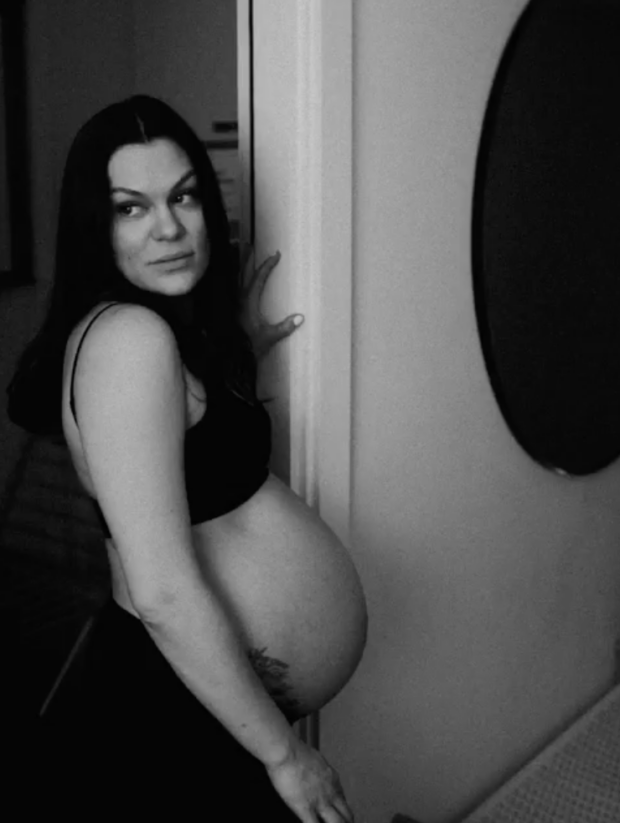Inquest: Should warning be on protein drink after boy, 16, dies

Rohan Godhania, 16, fell ill after drinking a protein shake on August 15, 2020, was taken to West Middlesex Hospital the following morning and died there on August 18 2020 after suffering “irreversible brain damage”.
A post-mortem examination could not identify his cause of death – a rare disease, ornithine transcarbamylase (OTC) deficiency – because his organs were donated for transplant before the mystery of the previously healthy schoolboy’s sudden illness was solved, an inquest at Milton Keynes Coroner’s Court in Buckinghamshire heard on Friday.
Dr Simi George, consultant pathologist at St Thomas’ Hospital, who carried out the post-mortem examination, said she was surprised to find Rohan’s liver and kidneys had been donated without a known cause of death, calling this “unusual”.
Senior coroner Tom Osborne told the inquest that months later Dr George gave Rohan’s cause of death as OTC after discovering the recipient of his liver had then developed the “serious illness”.
At the inquest, lawyers acting for Rohan’s family have questioned whether opportunities were missed to screen him for ammonia prior to his death, despite this being recommended.
They suggested ammonia testing may have identified he was suffering from a urea cycle disorder, such as OTC.
OTC “prevents the breakdown and excretion of ammonia” and “this allows ammonia to accumulate, rising to toxic levels where it affects the central nervous system”, according to the National Library of Medicine, the world’s largest biomedical library and a US government website.
Dr Christopher Carswell, a consultant neurologist, whose opinion was sought at the time of Rohan’s case, had suggested such a test be carried out – there are differing recollections as to whether others involved in his care passed this advice on, the inquest heard.
Dr Carswell also cautioned that if Rohan had a liver problem then protein could be a trigger to “tip him” into encephalopathy, a condition that Dr Hisham Saied, who treated the teenager while he was sedated and on a ventilator in intensive care.
When Dr Carswell gave evidence via video link on Friday, the coroner said: “I know that Rohan suffered from a very rare condition – but the fact this can happen with somebody drinking a protein drink or shake that is readily available in any supermarket is a concern.
“Should there be a warning on these items?”
Dr Carswell said there should be but he stressed the context of just how rare Rohan’s condition was, saying it was the only OTC case he had ever come across professionally.
The inquest has heard that Rohan, as a 16-year-old with no prior known health conditions, was cared for as an adult at West Middlesex Hospital.
The coroner has repeatedly raised the issue of whether 16 to 18-year-olds “almost fall between two stalls” when it comes to them getting paediatric or adult care and said he is “likely” to submit a prevention of future deaths report addressing this issue to the Department of Health and Social Care.
Parents Pushpa and Hitendra Godhania, who have been attending the inquest along with Rohan’s sister Alisha, hope they will finally get answers after “waiting for nearly three years, trying to find answers” to what actually happened to Rohan, of Ealing, west London, and “why he could not be saved”.
In a statement on Thursday, they said Rohan had been “developing into a wonderful young man” with his “entire life ahead of him, so many hopes and so many dreams” when “tragically we lost him so suddenly”.
The inquest is set to continue on Monday.













